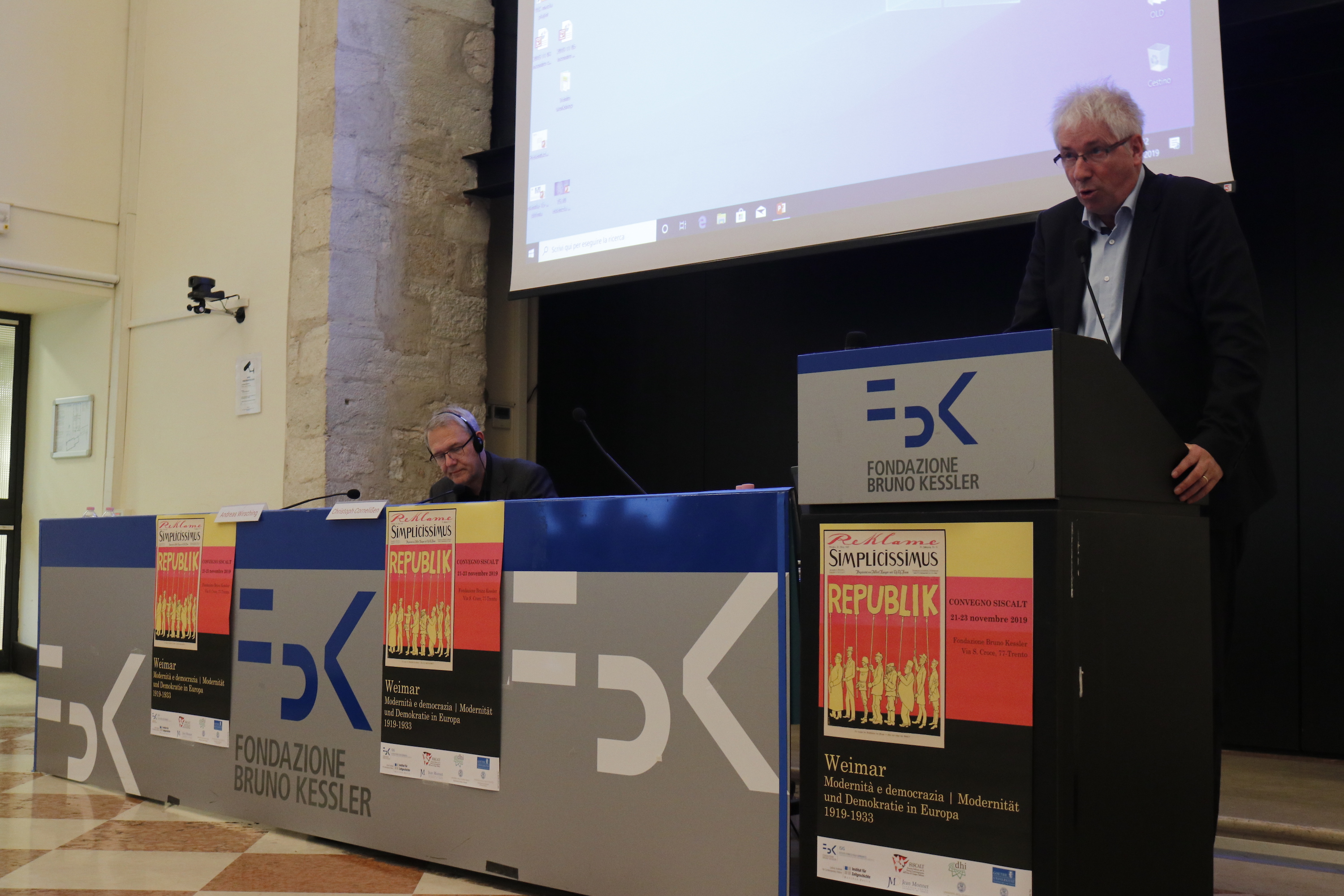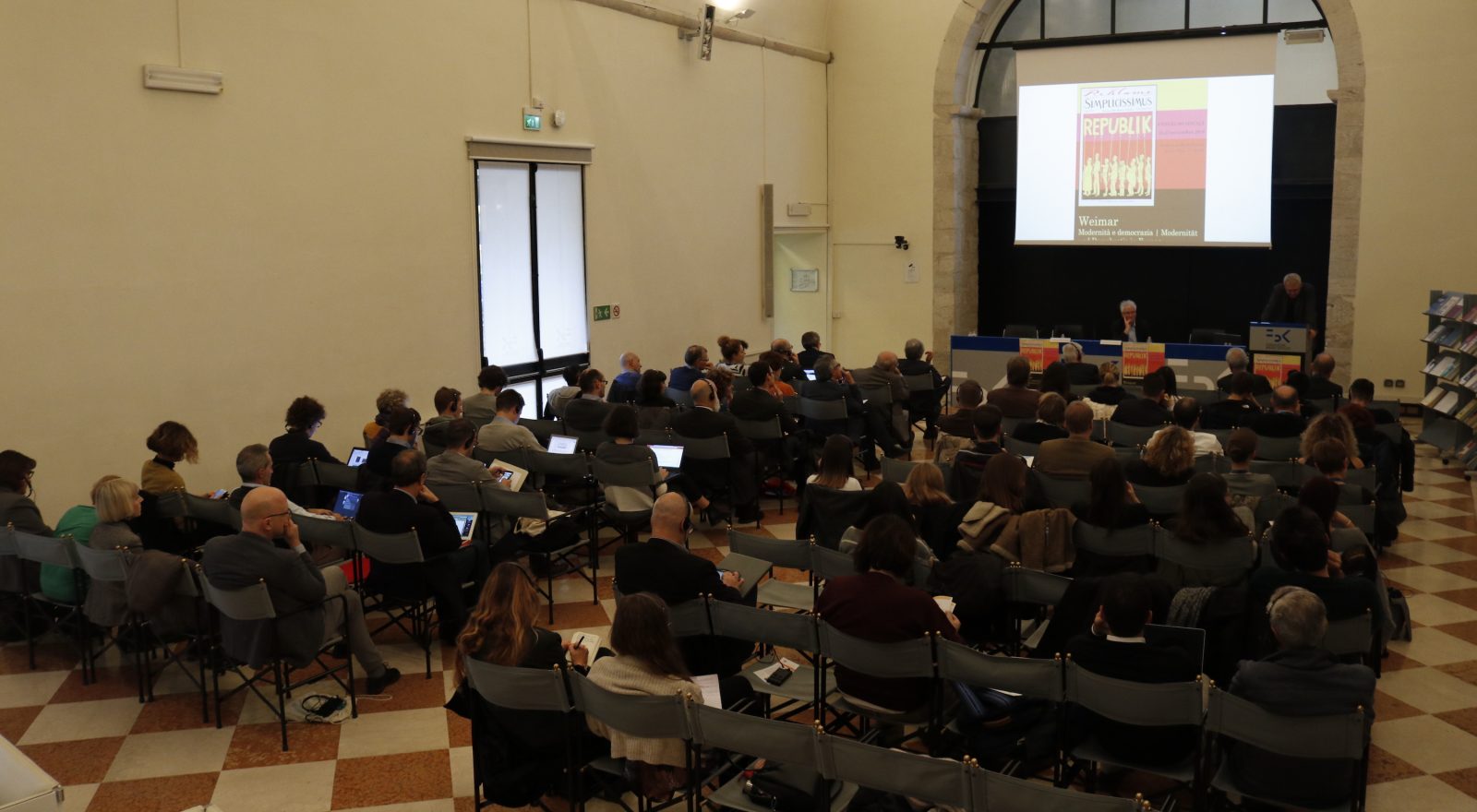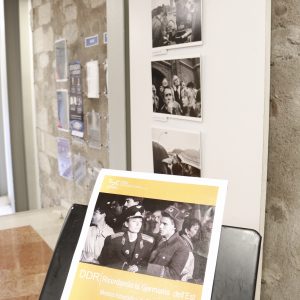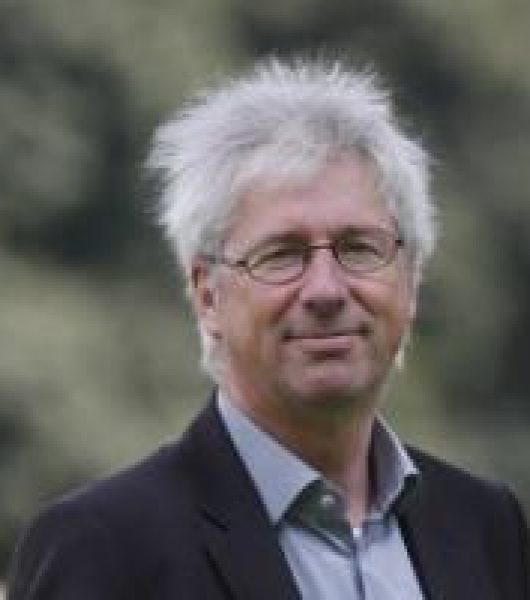Weimar, a hundred years later
Fondazione Bruno Kessler is hosting the Siscalt conference dedicated to the complexity of the German republican experience one hundred years after its birth
Exactly a hundred years have passed since the inception of what is considered by all to be a great democratic paradox. A democracy that for years has engaged scholars in long and complex analysis studies and that is remembered above all as the failed experience that paved the way for the National Socialist regime led by Adolf Hitler.
Today, partly due to the ongoing political and social dynamics across Europe, with the rise of extreme right-wing movements and parties fueled by widespread and growing populist impulses, the experience of the Weimar Republic has once again become the object of a lively debate.
Fondazione Bruno Kessler is hosting Weimar, modernity and democracy (1919-1933), the conference that Siscalt – Italian Society for Contemporary History of the German Language Area – this year dedicates to the German democratic experience between the end of WWI and the beginning of the Third Reich.
 An experience, as we said before, remembered almost only for its tragic epilogue and an example taken as a warning about the risks of erosion in democratic systems. But the Weimar Republic was much more than that. “For some time now, historical research and debate have expanded and have added to the “traditional” catastrophic and alarmist vision an alternative interpretation of that period, from which elements and characteristics of great modernity, openness and vivacity emerge forcefully” – Christoph Cornelissen, director of Fondazione Bruno Kessler’s Italian-German Historical Institute said -. In the three-day conference, scholars from different disciplines will illustrate the numerous souls and perspectives of the Weimerian republic, contextualizing it in the wider European framework“.
An experience, as we said before, remembered almost only for its tragic epilogue and an example taken as a warning about the risks of erosion in democratic systems. But the Weimar Republic was much more than that. “For some time now, historical research and debate have expanded and have added to the “traditional” catastrophic and alarmist vision an alternative interpretation of that period, from which elements and characteristics of great modernity, openness and vivacity emerge forcefully” – Christoph Cornelissen, director of Fondazione Bruno Kessler’s Italian-German Historical Institute said -. In the three-day conference, scholars from different disciplines will illustrate the numerous souls and perspectives of the Weimerian republic, contextualizing it in the wider European framework“.
In recent years historians, but above all jurists, have shifted their attention to the Weimar constitutional model.
“If the Weimerian democracy failed, it was certainly not because of its constitution as the portrait that the studies shows is that of a modern and original document, which pioneering in many ways and worked well – Cornelissen added -. A jurist from the University of Bielefeld carried out a comparative study of the constitutions of the European states existing in the 1920s and Weimar’s was the most advanced. The achievements of that experience were many, in welfare for instance, with the introduction of social protection actions and forms of unemployment benefits for the population. But also in the artistic and expressive field, characterized by great ferment. Consider the Bauhaus school, perhaps the experience most closely attributable to the Weimerian years. Not to mention the great vitality of the political projects matured in those years”.
“The complexity of that experience has profoundly marked Germany and the whole of Europe and it is appropriate not to remember it only for its epilogue, which, anyway, was not inevitable – Cornelissen concluded -. Hitler had great success in the 1933 elections for sure, but alternatives did exist. The political and economic forces of the time could have made different choices but avoided making them, thus leaving the field to populists and nationalists. This, combined with a difficult economic situation and weakened international and foreign policy relations, further debilitated the foundations of the Germany of that time. Therefore, reflecting on these aspects, the Weimar epilogue can still serve the purpose of better understand some dynamics that are being repeated in some European democracies“.
The second day of the Siscalt event will wrap up with the inauguration of the photo exhibition DDR, Remembering East Germany. Curated by photographer Augusto Bordato, the exhibition recounts the years of the German Democratic Republic astride the fall of the Berlin wall and will be hosted at the FBK offices on Santa Croce St until December 6, 2019.






